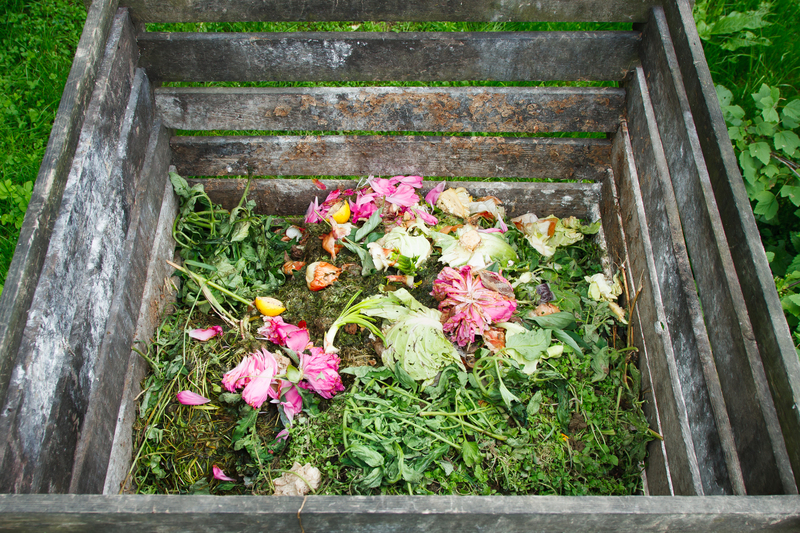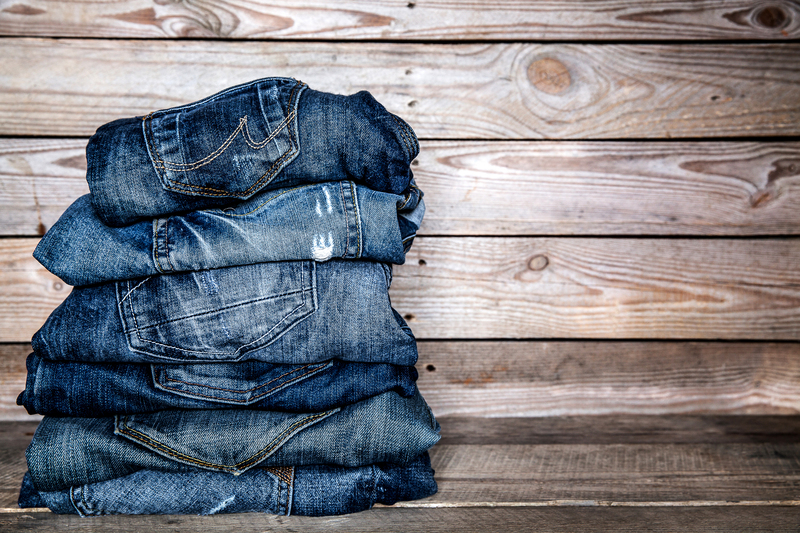How to Safely Dispose of Face Masks and Gloves: A Comprehensive Guide
The increased use of face masks and gloves has become an essential part of daily life, especially in health emergencies and pandemics. While these items play a significant role in protecting us, improper disposal causes environmental challenges and health risks. This article explores safe ways to dispose of disposable masks and gloves to ensure individual safety while minimizing environmental impact.

Why Proper Disposal of Masks and Gloves is Important
The improper disposal of personal protective equipment (PPE) such as face masks and gloves can have far-reaching consequences for both public health and the environment. Understanding why responsible disposal is crucial lays the foundation for adopting the right practices.
- Environmental Impact: Many masks and gloves are made of plastic materials that do not biodegrade quickly, contributing to landfill overflow and marine pollution.
- Public Health Concerns: Used PPE can harbor bacteria or viruses. Unsafely discarded items pose a risk of cross-contamination and infecting sanitation workers or the public.
- Wildlife Threats: Animals may mistake small PPE items for food or become entangled, leading to injury or death.
Understanding Different Types of Face Masks and Gloves
Types of Face Masks
- Surgical Masks: Single-use masks commonly worn in healthcare settings.
- N95 Respirators: Designed to filter airborne particles; for short-term use only.
- Cloth Masks: Reusable and washable but should be replaced after several uses.
Types of Gloves
- Latex Gloves: Biodegradable but still require proper handling due to contamination risk.
- Nitrile Gloves: Synthetic, resistant to many chemicals, often used when allergies are a concern.
- Vinyl Gloves: Inexpensive and latex-free but less durable.
Understanding what your mask or glove is made from helps determine the best disposal method for each item.
Step-by-Step Guide to Safely Disposing of Face Masks
1. Remove Masks Safely
- Clean your hands thoroughly with soap and water or use a hand sanitizer before touching your face mask.
- Avoid touching the front of the mask. Instead, hold the ear loops or ties.
- Slowly remove the mask from your face without touching your eyes, nose, or mouth.
2. Prepare for Disposal
- Use a dedicated bag or container for used masks, especially if you are outside or at work.
- For personal use at home, immediately place the mask into a lined trash bin with a lid.
3. Dispose Responsibly
- Do NOT:
- Squeeze out excess air from the disposal bag before sealing it tightly. This helps minimize contamination risk.
- After disposing, wash your hands again for at least 20 seconds or use hand sanitizer.
How to Properly Dispose of Used Gloves
1. Remove Gloves Correctly
- Grasp the outside of one glove at the wrist (do not touch your skin).
- Peel the glove away from your hand, turning it inside out as you remove it.
- Hold the removed glove in your gloved hand.
- Slide ungloved fingers under the wrist of the remaining glove, avoiding contact with the outer surface.
- Peel off the second glove, so it wraps over the first glove.
- Discard safely as outlined below.
2. Safe Disposal Steps
- Place both gloves in a tightly sealed bag or lined trash bin, away from others.
- Never drop used gloves in public spaces or leave them on the ground.
- Always perform hand hygiene after glove removal and disposal.
Disposing of Reusable Masks: Special Considerations
While most reusable masks can be washed and reused, there comes a time when you must dispose of them due to wear and tear. Here's how to do it safely:
- Wash Before Disposal: If possible, launder the mask one final time to remove contaminants.
- Cut the Ear Loops: This prevents animals from becoming entangled if your mask ends up in the environment.
- Place in Trash: Even though cloth, do not recycle them unless your local program expressly accepts textiles. Place in general waste bin.
Frequently Asked Questions on PPE Disposal
Can I recycle disposable face masks and gloves?
No. Most disposable masks and gloves are made from synthetic materials such as polypropylene and cannot be recycled with regular household waste. Recycling facilities are not equipped to manage contaminated PPE.
Are there any take-back or special programs for PPE disposal?
Some local governments or organizations may offer specialized PPE recycling or collection. Check your municipality's website or health department for information on safe disposal of masks and gloves in your area.
How do I protect sanitation workers when I throw away PPE?
Always place used PPE in a tied or sealed bag. This step reduces the risk of accidental contact or contamination for those handling your waste.
Environmental Impact of Improper PPE Disposal
The COVID-19 pandemic highlighted the devastating impact of improper face mask and glove disposal. According to environmental reports, millions of PPE items end up in water bodies, parks, and urban environments.
- Ocean Pollution: Masks can choke or entangle marine life, while gloves break down into microplastics ingested by fish.
- Wildlife Hazards: Animals on land and in water attempt to eat PPE, leading to health complications or death.
- Landscape Blight: Littered masks and gloves detract from community cleanliness and may spread pathogens.
Safe PPE waste management not only keeps humans safe but also significantly reduces environmental harm.
Alternatives and Reducing PPE Waste
While disposal is inevitable for some PPE, you can minimize waste by considering these alternatives:
- Choose Reusable Masks: Opt for washable cloth masks when appropriate instead of single-use varieties.
- Prioritize Hand Washing: Use gloves selectively, relying on thorough hand hygiene for everyday protection outside healthcare environments.
- Encourage Community Clean-Ups: Support local efforts to clean up improperly discarded PPE in your area.
- Educate Others: Share information on how to safely dispose of gloves and masks to prevent littering and pollution.
Safe Disposal in Special Settings
At Home
- Have a dedicated, lined trash bin specifically for contaminated PPE.
- Teach family members, especially children, how to safely remove and throw away masks and gloves.
At Work
- Employers should provide bins specifically labeled for PPE to avoid cross-contamination with regular office trash.
- Display visual instructions on removing and disposing of masks and gloves correctly.
Public Spaces
- Use public trash receptacles. If these are full, take PPE items with you and dispose of them at home.
- Never leave masks or gloves on benches, sidewalks, or streets.
Best Practices for Community and Business PPE Waste Management
- Install PPE Disposal Bins: Place bins in accessible locations, such as store entrances and exits, office lobbies, and transit stations.
- Regularly Empty Bins: Increase waste collection schedules to keep bins from overflowing.
- Employee Training: Ensure cleaning staff follow PPE protocols for safe collection and handling.
- Clear Signage: Post instructions and educational signs to guide the public.
Penalties and Regulations on Improper PPE Disposal
Many cities and states have implemented fines or penalties for dumping hazardous waste, including face masks and disposable gloves, inappropriately. Check your local regulations for more information to avoid fines and contribute positively to public health and environmental safety.

Summary: Your Checklist for Safe Disposal of Face Masks and Gloves
- Remove masks and gloves without touching the front or outside surfaces.
- Place used items in a sealed or lined trash bag, never in recycling bins.
- Wash your hands after handling any PPE, every time.
- Never litter PPE; encourage others to dispose of masks and gloves responsibly.
- Educate yourself and your community on best practices for PPE waste management.
Conclusion: Protect Yourself and the Planet
Learning how to safely dispose of face masks and gloves is an essential part of protecting your health, your community, and the environment. By following the best practices listed above, you help stop the spread of disease and prevent pollution--a powerful step towards a safer, cleaner world. Always stay informed about local programs, use reusable PPE where possible, and commit to responsible disposal of masks and gloves as part of your daily routine.
For more information on safe PPE disposal, consult your city's waste management department, environmental authorities, or the World Health Organization's directives on managing infectious waste.
